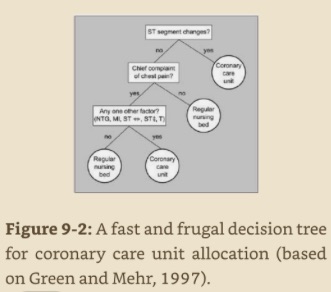The emphasis is on salt and sauce in the north versus spice and soup in the south.
Salt reduces overall level of perspiration, retaining higher levels of fluid in the blood vessels, leading to higher blood pressure. At the experiential level, it translates to more physical power available for utilization when the weather is cold as is typical in northernChinese territories.
Spice promotes sweating and discharge of toxic accumulated within the system. Some variants of spice also includes a strong dose of vitamin C (chilli and ginger). Soup replenishes the lost fluid in the body through sweat. The belief is that this keeps the effects of high humidity, such as cold and arthritis, in the environment at bay, as is typical of souther Chinese territories.
Food is seen not just as a source of energy but as a way of alter the chemical processes within the body to suit environment circumstances.












